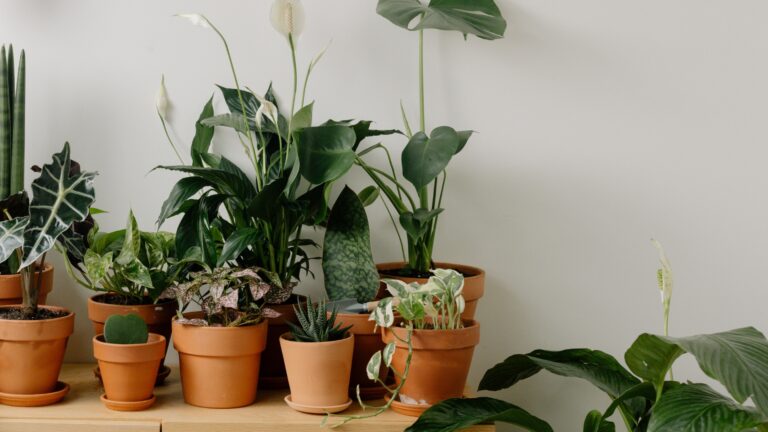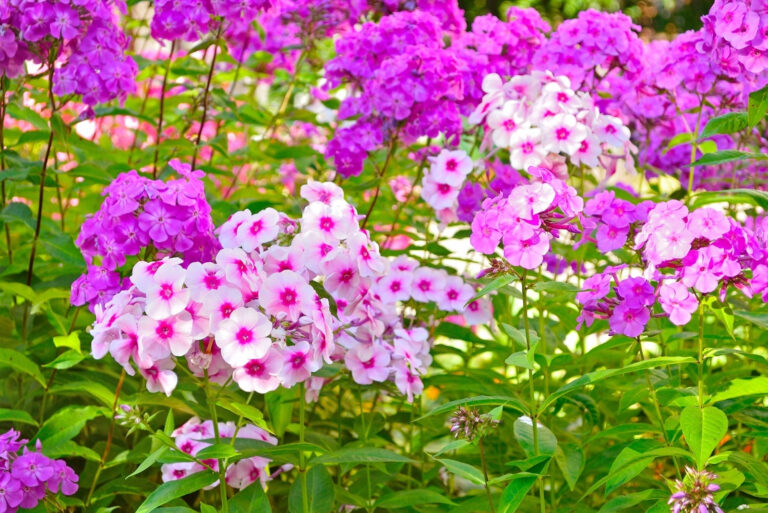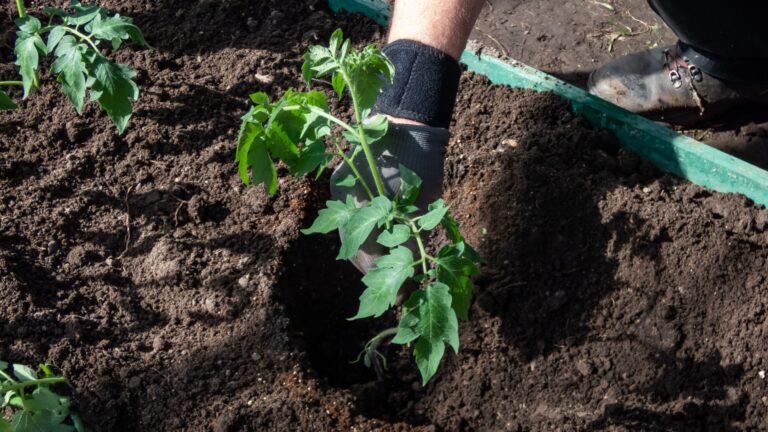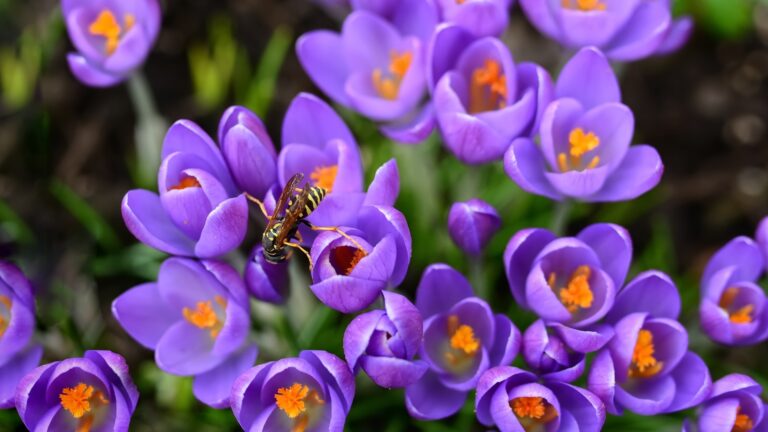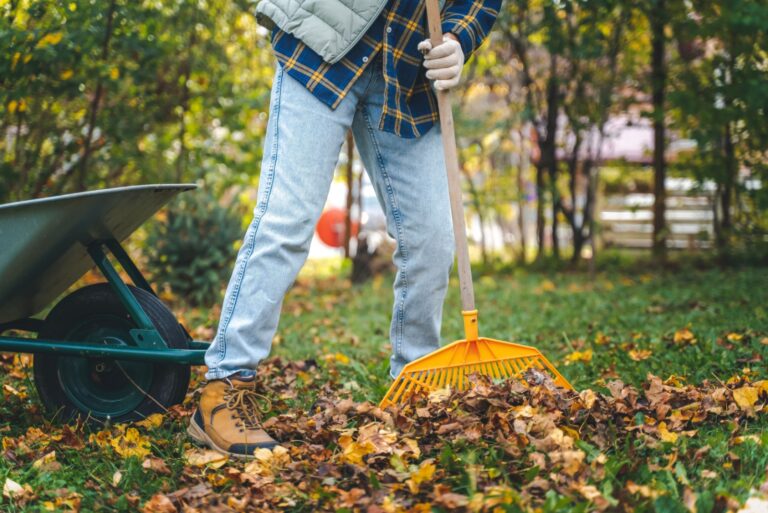7 Reasons Why This Essential Oil Keeps Squirrels And Rats Away From Pumpkins In California
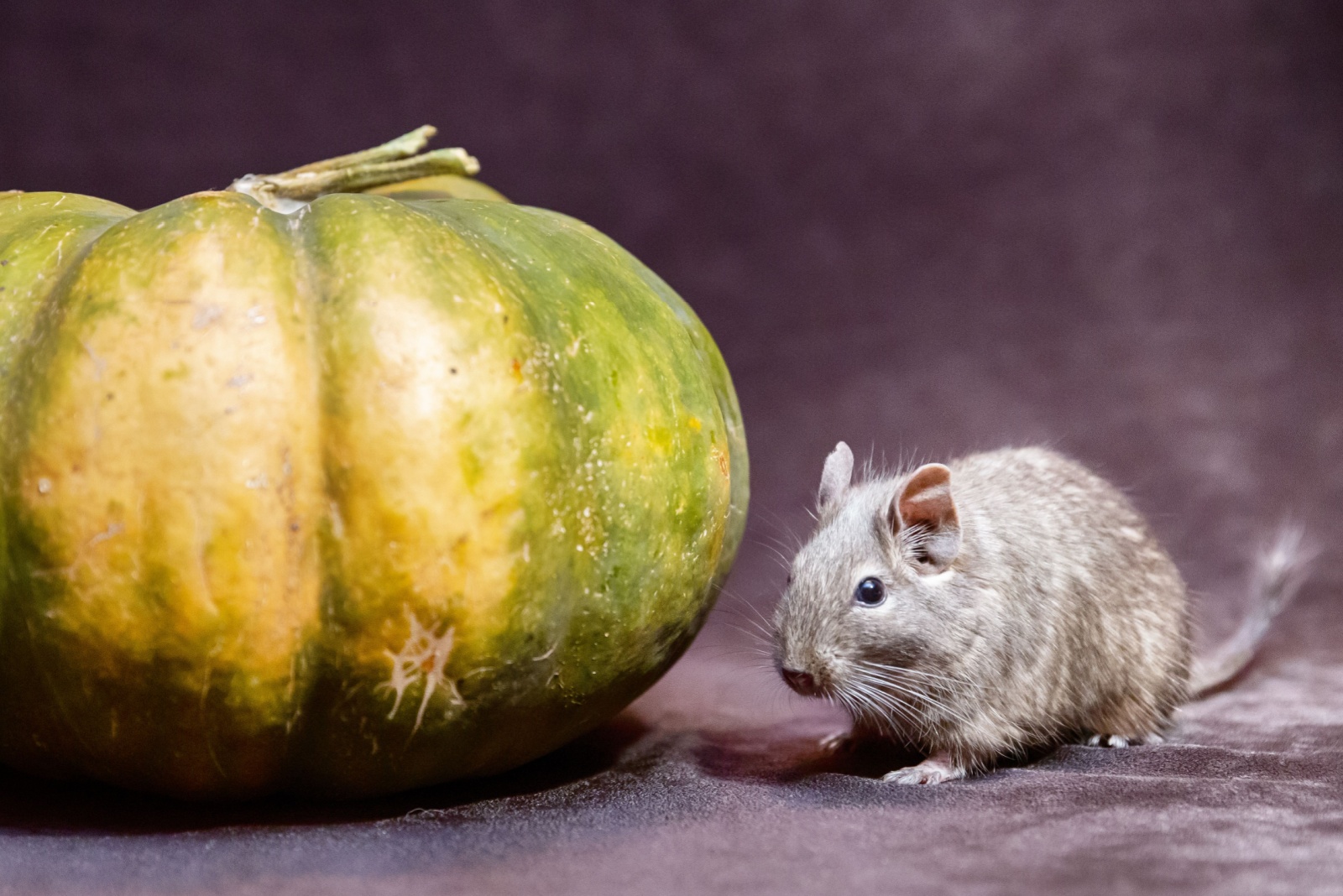
Pumpkins on your porch might look festive, but in California’s fall weather, they can draw in some unwelcome guests. Squirrels and rats love to snack on them, often leaving behind a mess.
These critters don’t just cause damage—they can also pose health risks if they stick around. That’s why it’s smart to take a few simple steps to keep them at bay.
I’ve found that peppermint oil works wonders as a natural repellent. It keeps pests away without harming your pumpkins, your pets, or the planet.
1. Natural Repellent Without Harsh Chemicals
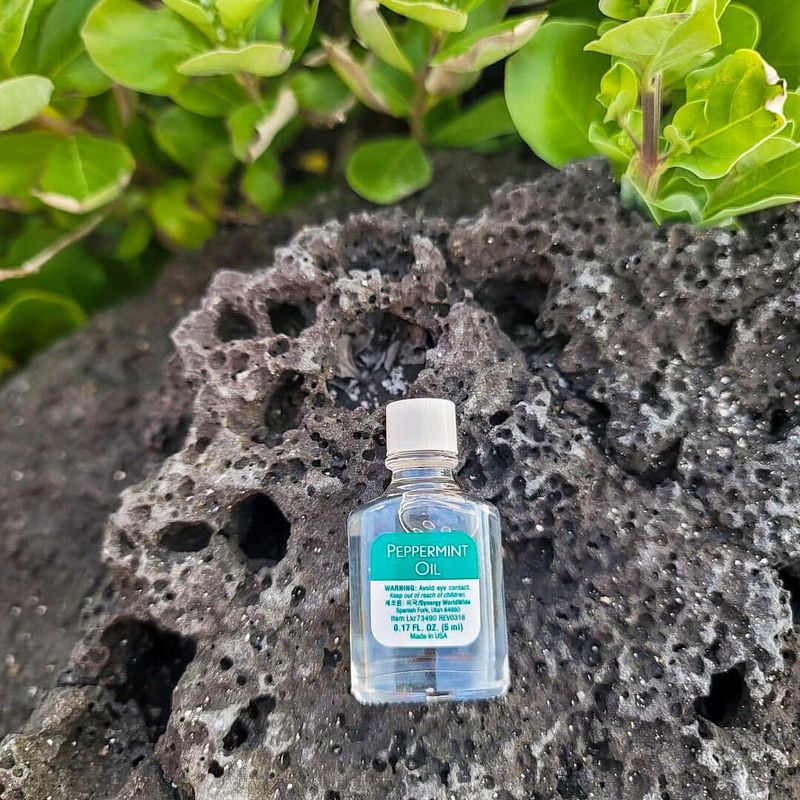
Peppermint oil comes straight from nature, making it a fantastic choice for families with kids and pets. Unlike toxic sprays or poisons, it won’t harm anyone who comes near your pumpkins.
You can spray it around your decorations without worrying about dangerous side effects. California’s eco-conscious communities appreciate solutions that protect both homes and the environment, making peppermint oil an ideal pest deterrent for your autumn displays.
2. Strong Scent Overwhelms Rodent Senses
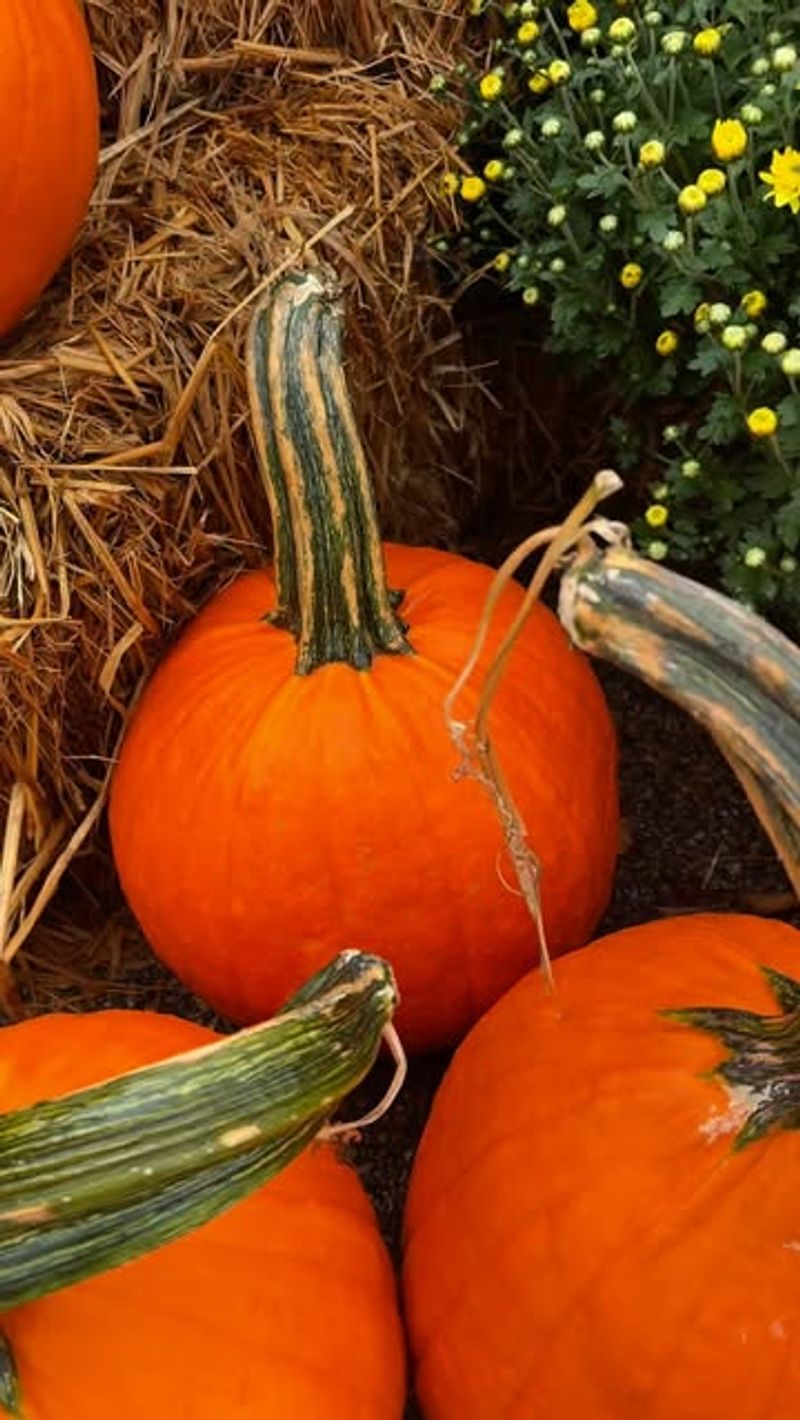
Rats and squirrels rely heavily on their sense of smell to find food and navigate their surroundings. Peppermint oil’s powerful aroma completely overwhelms their sensitive noses, making them avoid the area.
When you apply this oil around your pumpkins, rodents perceive it as an unpleasant barrier they’d rather not cross. The intense menthol scent acts like an invisible fence, keeping your festive decorations safe from gnawing teeth and curious paws.
3. Long-Lasting Protection Through Fall Season
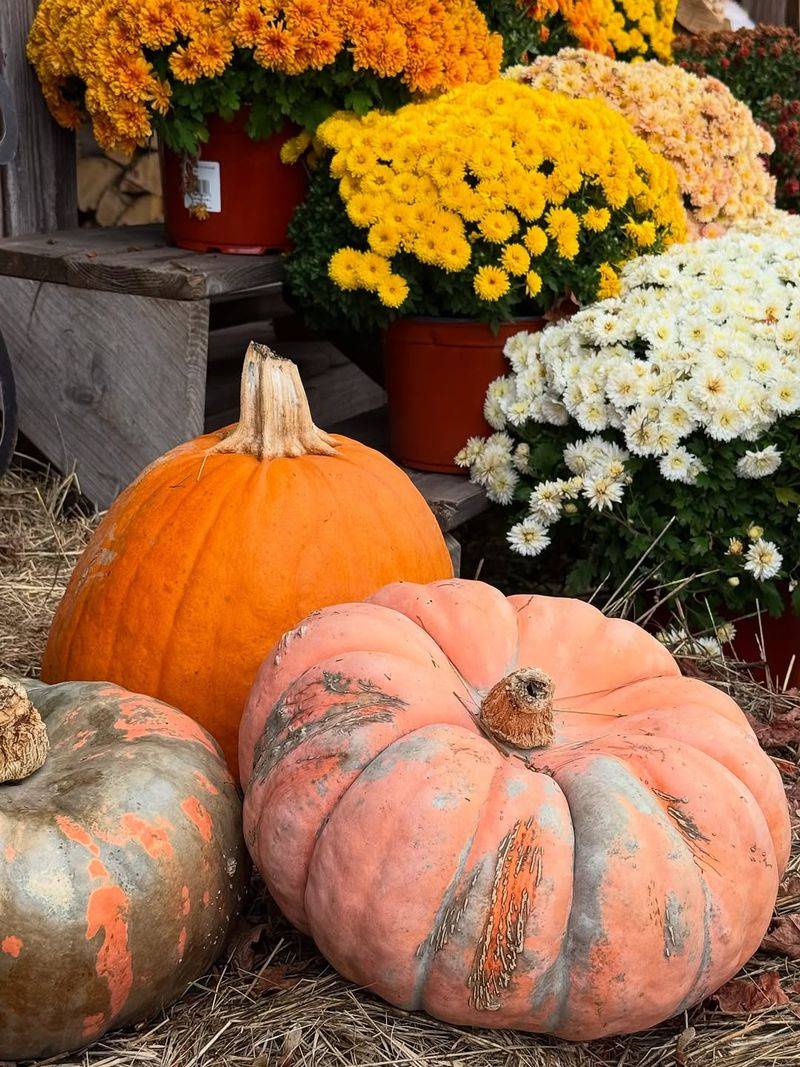
Did you know that peppermint oil maintains its effectiveness for several days after application? This means you won’t need to reapply it constantly throughout October and November.
California’s mild fall weather helps the oil stay potent longer compared to harsher climates. A simple refresh every few days keeps your pumpkin patch protected without demanding too much effort or time, letting you enjoy the season without constant pest control worries.
4. Easy Application With Simple Tools
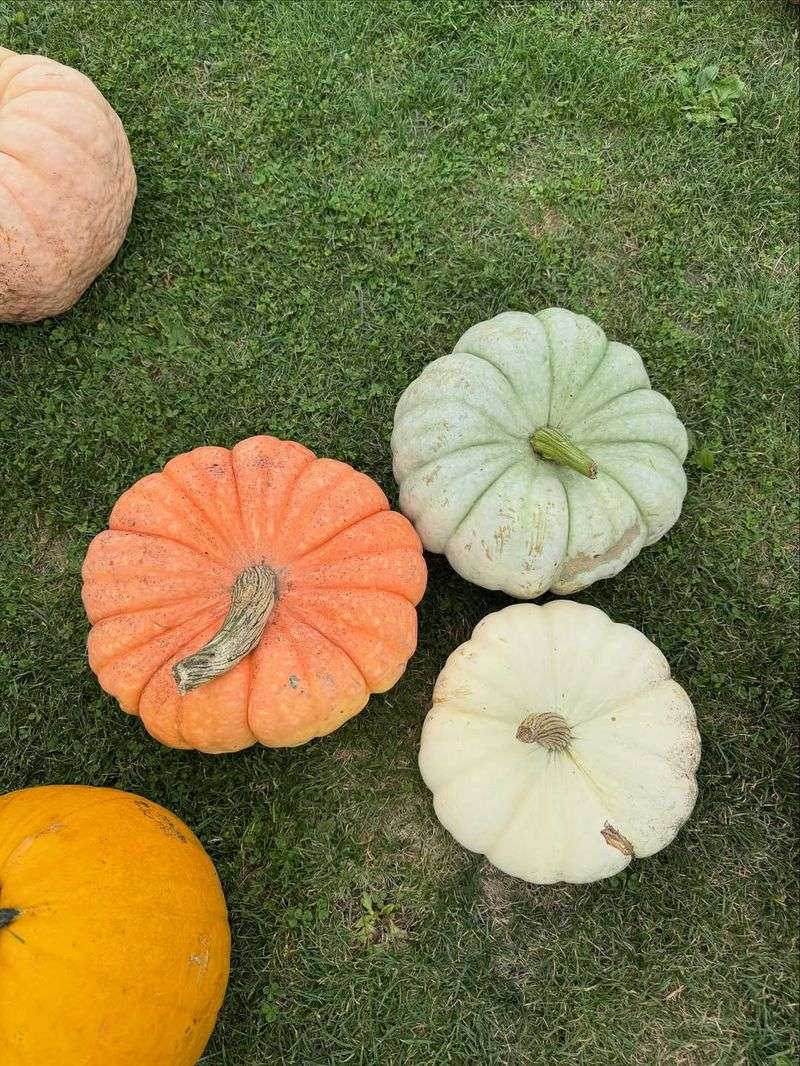
Applying peppermint oil couldn’t be simpler, even for beginners. Mix about ten drops with water in a spray bottle, shake well, and mist around your pumpkins. You can also soak cotton balls in the oil and place them strategically near your decorations.
Both methods work wonderfully and take just minutes to complete. No special equipment or complicated instructions are needed, making this solution accessible for everyone wanting to protect their seasonal displays from persistent rodents.
5. Cost-Effective Compared To Professional Services
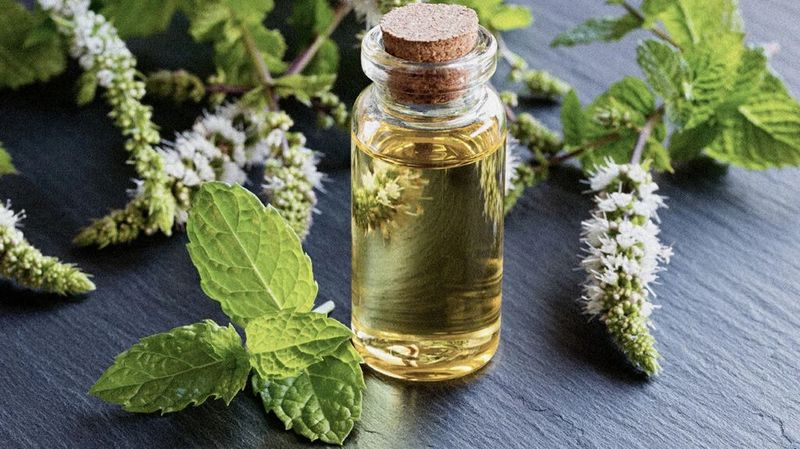
Hiring exterminators or buying expensive traps can drain your wallet quickly. Peppermint oil offers an affordable alternative that costs just a few dollars per bottle.
One small bottle can last through the entire fall season, protecting multiple pumpkins without breaking your budget. For California residents dealing with persistent rodent problems, this natural solution provides excellent value while delivering reliable results that rival professional pest control methods at a fraction of the cost.
6. Safe For Wildlife And Beneficial Insects
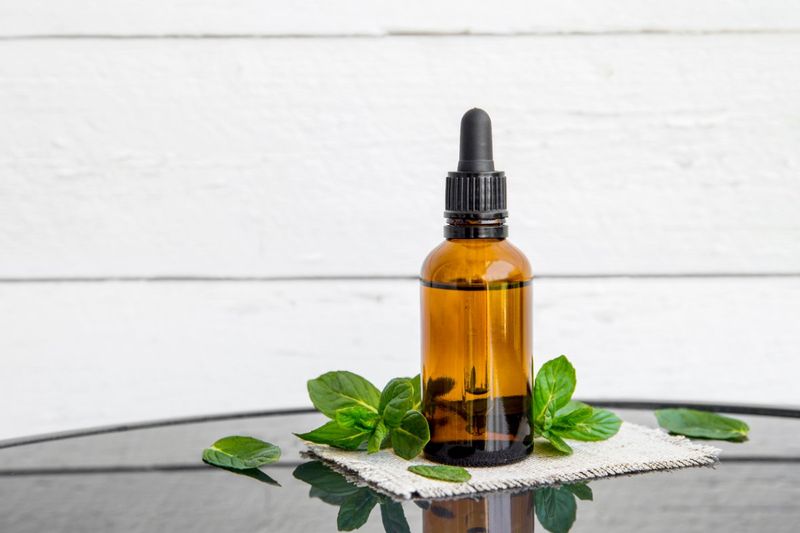
California’s diverse ecosystem includes many helpful creatures like bees, butterflies, and birds that you want to keep around. Peppermint oil specifically targets rodents without harming these beneficial visitors.
Unlike poison or traps that can accidentally hurt non-target animals, this natural repellent only bothers pests with sensitive noses. Your garden remains a welcoming space for pollinators and songbirds while effectively keeping destructive squirrels and rats away from your prized pumpkin collection.
7. Prevents Disease Spread From Rodent Contact
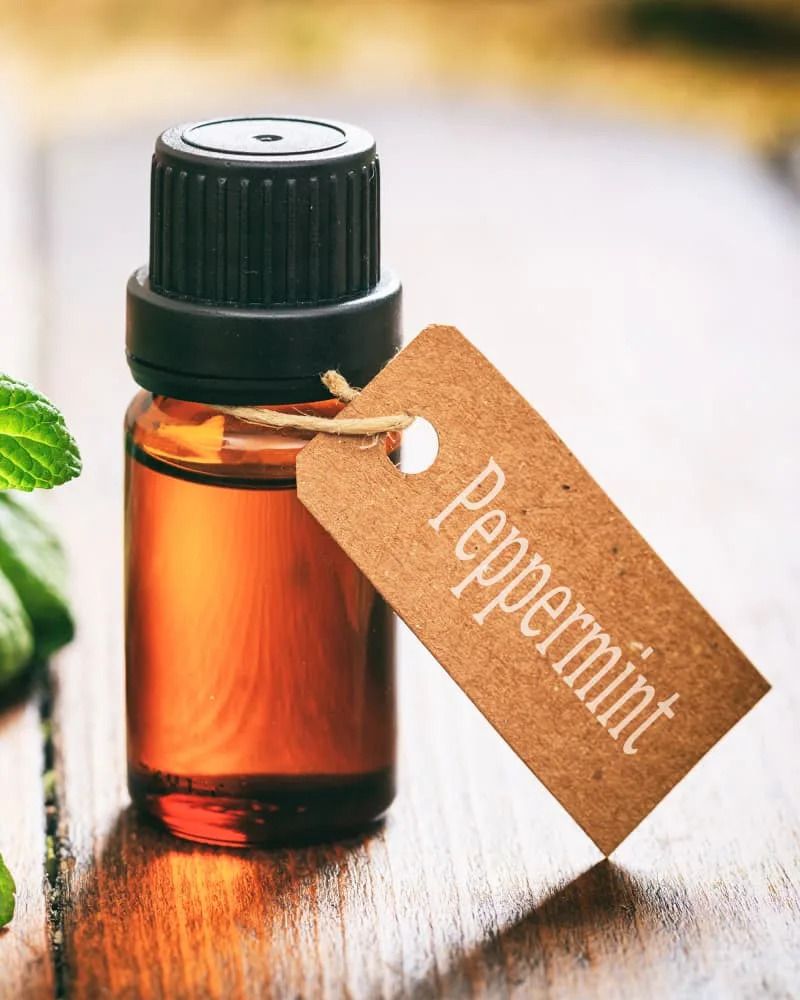
Rodents carry diseases like hantavirus and leptospirosis that can threaten human health through contaminated surfaces. When rats or squirrels chew your pumpkins, they leave behind droppings and saliva containing harmful bacteria.
Peppermint oil creates a protective barrier that stops these animals from making contact with your decorations in the first place. California’s warm climate can accelerate bacterial growth, making prevention especially important for families who handle pumpkins or display them near entryways.

